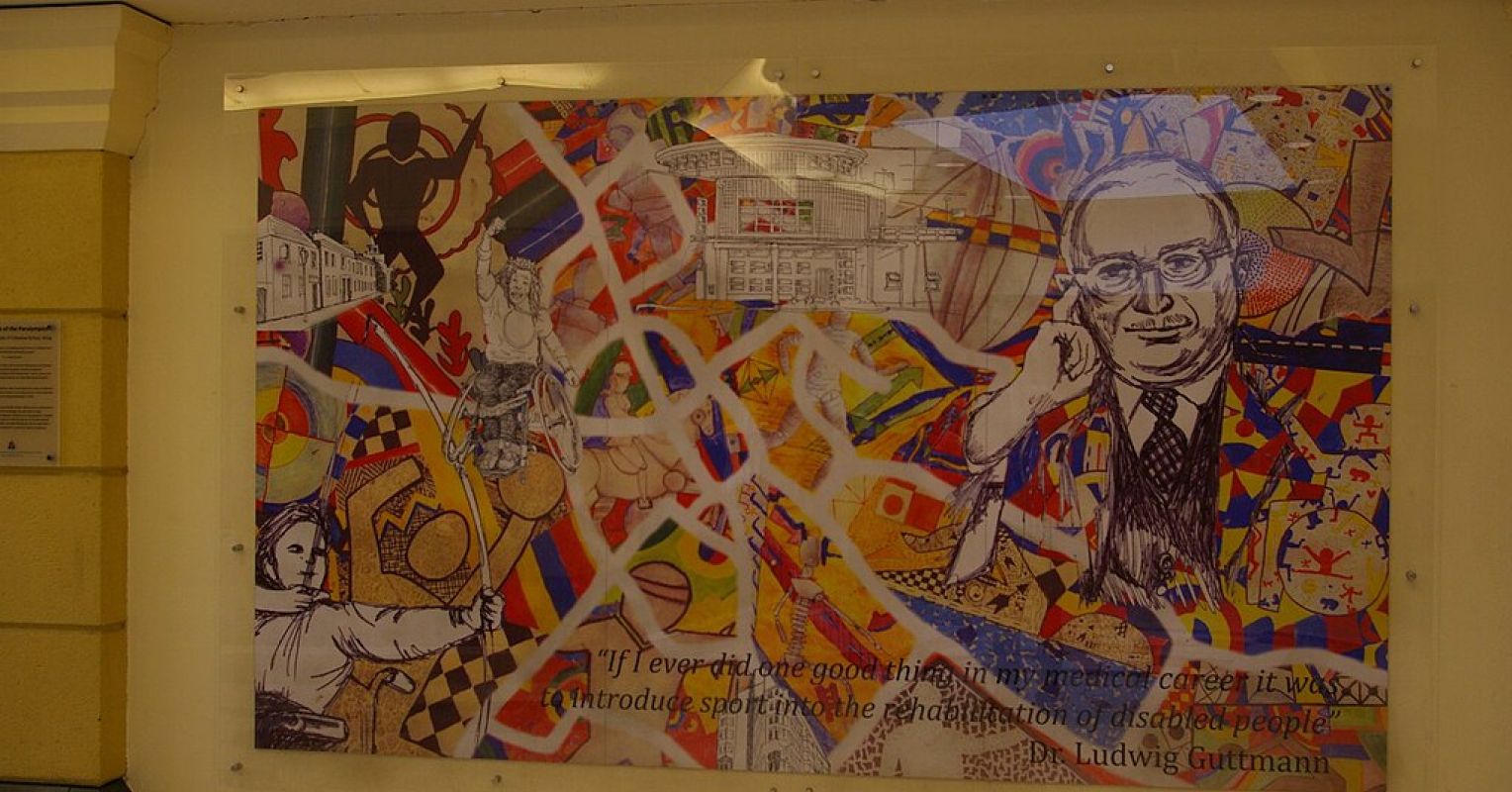
"In a previous post, I described the life of Heinz Lehmann, a young German physician who fled the rise of Nazi power and settled in Canada, where he played a major role in the recognition of chlorpromazine as a treatment for psychoses. As it turns out, he was one of many talented physicians and scientists who settled in Britain, the U.S., and Canada, where they contributed to the growth of neuroscience and neuropharmacology."
"They faced remarkable challenges: Of the two Germans, one, a famous neurosurgeon, was not allowed to practice medicine, so he turned to research; another was briefly interned at the outbreak of the war. The third, a Czechoslovakian, was considered a prisoner of war and given the job of cleaning animal cages in a research laboratory before his credentials as a researcher were discovered."
Many physicians who fled fascism during World War II settled in Britain, the United States, and Canada and made major contributions to neuroscience and neuropharmacology. Three physicians named Guttmann/Guttman worked at Oxford and overcame obstacles including internment, prohibition from clinical practice, and being treated as prisoners of war. Ernst Gutmann advanced muscle physiology and nerve-tissue repair after serving as a prisoner of war in Britain. Ludwig Guttmann, barred from practicing medicine in the U.K., focused on research into nerve regeneration. Eric Guttmann, once interned in Britain, contributed to the pharmacology of amphetamines and mescaline and to understanding stimulants and hallucinogens.
Read at Psychology Today
Unable to calculate read time
Collection
[
|
...
]